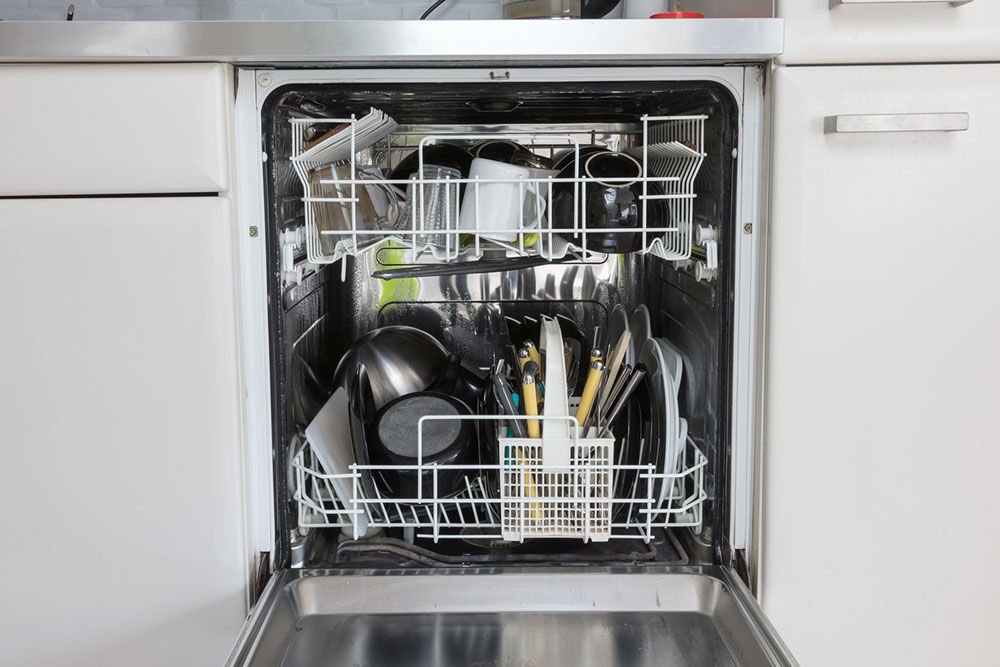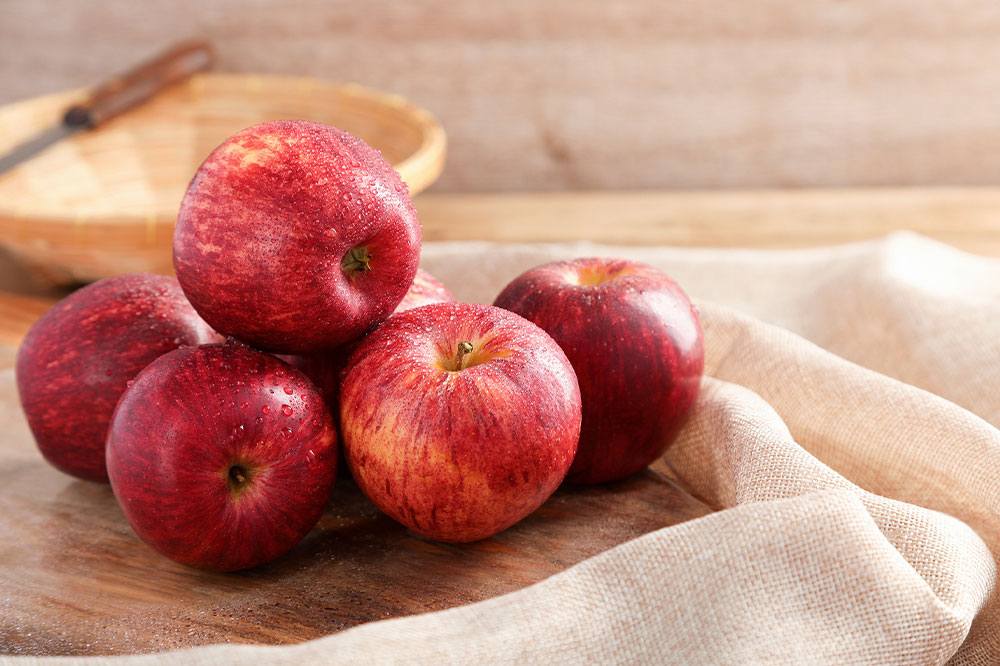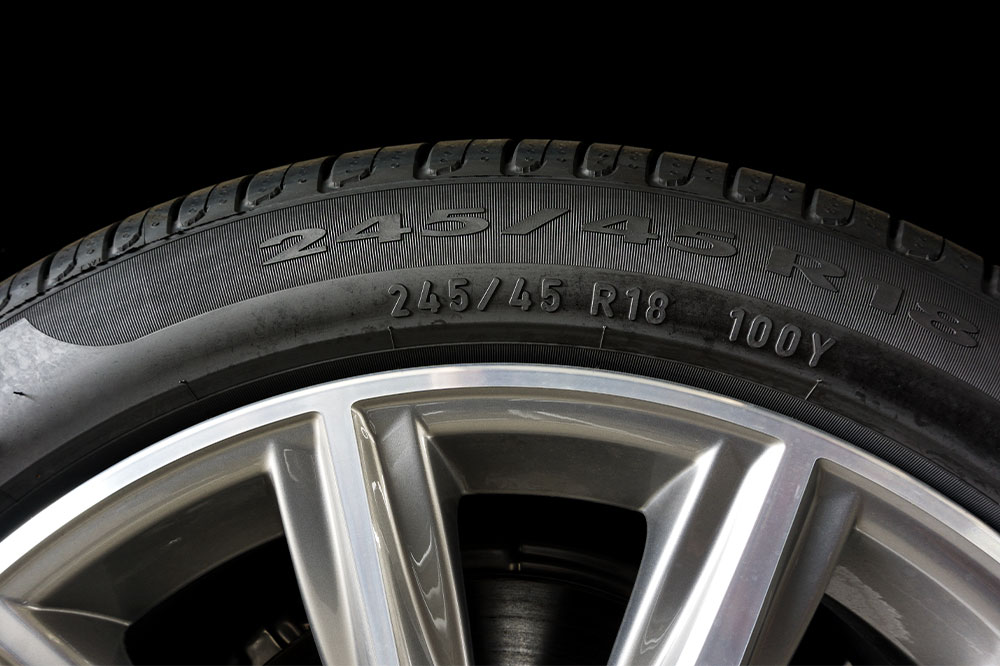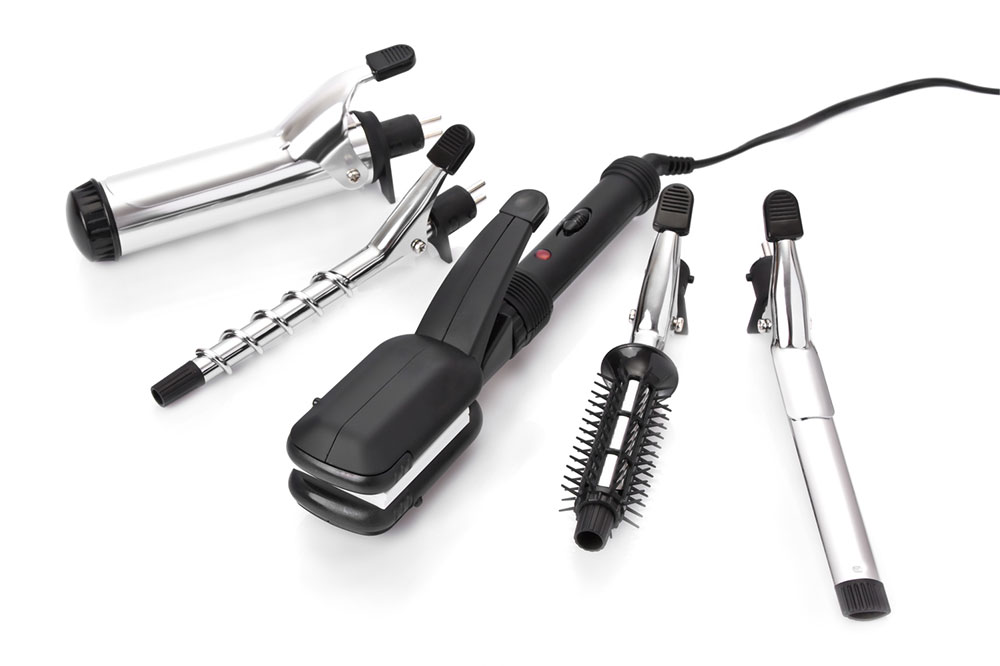6 common dishwasher mistakes to avoid

Dishwashers have become an important appliance in most households as they save a lot of time and effort that goes into washing the dishes manually. However, despite these appliances being so common, there are certain mistakes individuals tend to make with them. These mistakes can lead to a lot of problems and cause damage to the appliance. So, to ensure that one uses the dishwasher safely, here are some common mistakes one must avoid.
Rinsing the dishes before loading
One of the most common mistakes individuals often make when using dishwashers is rinsing the dishes before loading them into the appliance. This is not only a waste of their time and efforts but also a waste of water. A dishwasher is designed in such a way that it can perfectly wash soiled dishes, regardless of how unclean they are. The only thing one would need to do before placing the dishes into the dishwasher is remove any solid food residues. All other things can be managed by the appliance. Moreover, dishwashers function by sensing how dirty the plates are so they can use the right amount of water and energy to clean them. So if one rinses some of the dishes, the dishwasher might sense the load as not-so-dirty. Consequently, it may not clean the un-rinsed dishes properly.
Not loading the dishwasher fully
A major benefit of dishwashers is that they are water- and energy-efficient. But to ensure that one is getting the most out of this benefit, it is crucial to use the dishwasher at a fully loaded capacity. If one only loads a few dishes, the appliance will still use the same amount of water and energy that it would for a full load. This would eventually lead to a waste of water and energy. Therefore, it is better to use the dishwasher for a full or near-full load.
Neglecting the filters
It is common for an individual to feel icky when cleaning a dishwasher’s filter. But what is even more loathsome is the foul smell arising due to the build-up of old food residue in the filter. If the filters are left uncleaned of food residue, it can create a lot more problems than just the smell. The filters can get blocked, which would prevent the dishes from getting cleaned properly. Plus, as long as the filter is left uncleaned, the food residue in it will keep circulating in the dishwasher with every cycle. To avoid all of this unsanitary mess, it is better to clean the filter after every wash cycle.
Not loading the dishwasher properly
A dishwasher is designed with dedicated slots for plates, cups, bowls, and other vessels. Yet, many individuals make the mistake of not loading the dishwasher properly – as in, not placing the dishes and other vessels in the right slots. This would prevent many of the vessels from getting washed properly. So, instead of loading everything in a random slot, it is important to patiently stack all the vessels in the dishwasher as recommended. Also, it is important not to overload the dishwasher. One must avoid placing dishes and cups on top of each other if the slots are full. This would not only hinder the performance of the dishwasher but can also break the dishes and cups.
Closing the dishwasher immediately after a wash cycle
Once a wash cycle is complete, one may be inclined to shut the dishwasher door. However, this is a mistake that could damage the appliance. If the dishwasher door is closed immediately after a cycle, it will not allow the water in it to dry. This could lead to mold building up inside the dishwasher. It is therefore recommended to close the dishwasher only after it is completely dry and never immediately after a wash cycle.
Washing items that are not dishwasher-safe
It is important to keep in mind that not all items are dishwasher-safe. Certain delicate items like glasses should not be placed in the dishwasher as the dishwasher creates a harsh environment inside during a wash cycle. The water is heated to a certain temperature, which can cause the delicate glasses to break. Similarly, it is also not ideal to wash wooden items in the dishwasher, as the wooden surface can get damaged due to the hot water and the detergent. So, before placing an item in the dishwasher, it is crucial to check if it is safe to be washed into the appliance.
Additionally, using dishwasher pods in the right way is important. One may want to pick the pods up and place them using dry hands so that the pods don’t stick. Further, one should place a single pod into the main detergent compartment unless the dishwasher manufacturer’s manual says otherwise. This will help avoid excessive suds and damage to dishes.









